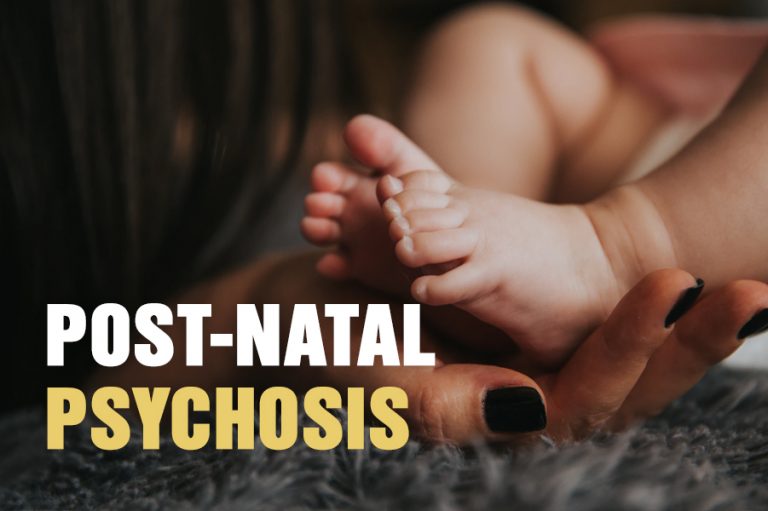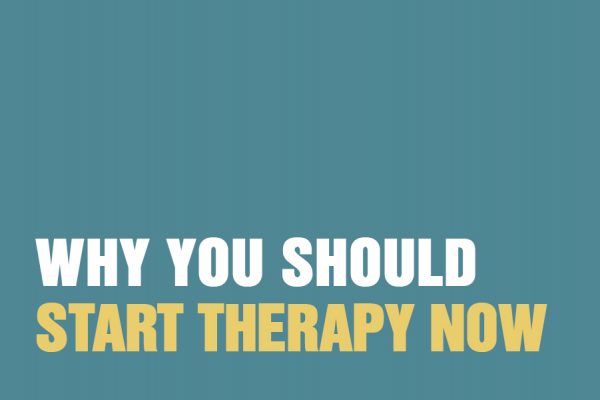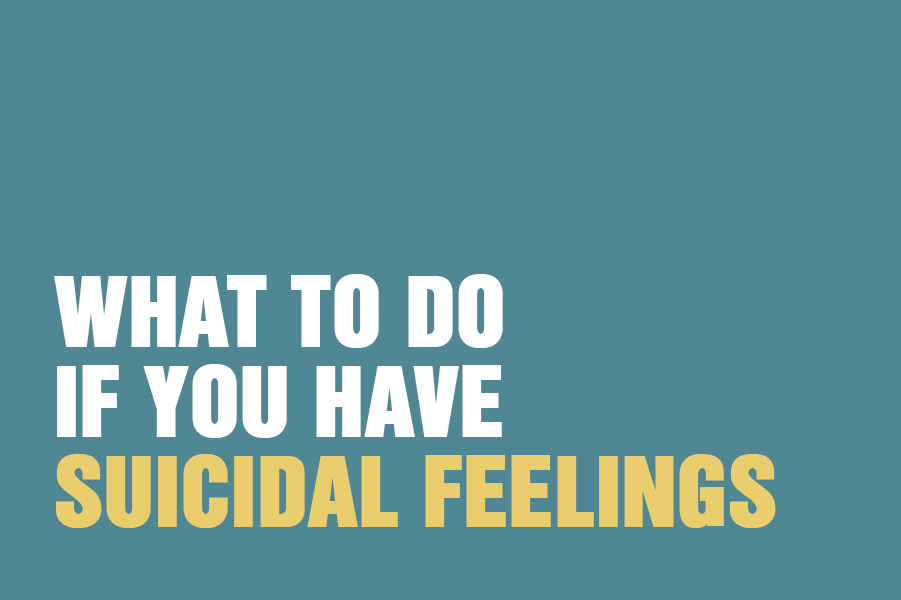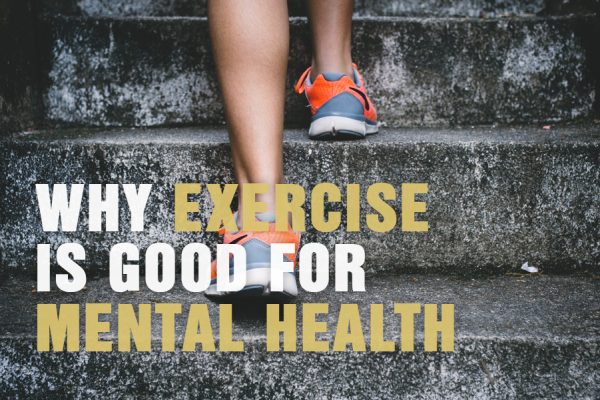Many women (80%) experience the “baby blues” in the weeks after having a baby, which is a short period after giving birth that’s filled with bouts of sadness, anxiety, stress, and mood swings. Fewer women (10%) experience post-natal depression, which is a depression that lasts longer than two weeks after giving birth – less than two weeks in duration is labelled as the “baby blues.”
Post-natal psychosis effects 1-2% of women after giving birth. Post-natal psychosis is a rare but serious mental health condition that can develop in the weeks following giving birth. Post-natal psychosis, also known as post-partum psychosis or puerperal psychosis, should be treated as a medical emergency.
Symptoms of Post-Natal Psychosis
The symptoms of post-natal psychosis usually begin to manifest within the first two weeks after giving birth. However, in rare cases, they can develop several weeks after giving birth.
The symptoms include:
- Hallucinations (seeing or hearing things that aren’t real)
- Delusions (experiencing thoughts and beliefs that are untrue)
- A manic mood (talking and thinking too much or too quickly, feeling “high” or “on top of the world”)
- A low mood (showing signs of depression, being withdrawn or tearful, lacking energy, having a loss of appetite, anxiety or trouble sleeping)
- A loss of inhibitions
- Feeling suspicious or fearful
- Restlessness
- Feeling very confused
- Behaviour out of character
Of course, having a newborn baby is almost always going to shake things up and cause feelings of restlessness, anxiety, confusion (mainly through lack of sleep), and so on. A lot of these are normal reactions to having your world turned upside down by your new arrival. However, experiencing a combination of these symptoms together should be cause for concern.
Whilst saying this, if you are experiencing post-natal psychosis, you will likely not realise that you are unwell. It will likely be your partner, family, or friends that will notice the difference in your behaviour, and so if your partner, friend, or family member is pregnant or has recently given birth, it is important to be aware of the possibility of these symptoms.
Causes
The ultimate cause of post-natal psychosis is not yet known, however there are some risk factors that are known to increase the likelihood of developing post-natal psychosis.
If you have a family history of mental health illnesses, particularly post-natal psychosis, you are at an increased risk for developing post-natal psychosis yourself, even if you have never had any mental health problems yourself.
Similarly, if you have an existing diagnosis of bipolar depression or schizophrenia, you are at an increased risk for developing post-natal psychosis. If you have had a traumatic birth or pregnancy, you are at increased risk, and if you have developed post-natal psychosis after a previous pregnancy you are also at increased risk for developing post-natal psychosis.
If you know that you are at higher risk of developing post-natal psychosis, because of the above risk factors, it is important that you discuss this with your midwife, who can organise specialist care throughout your pregnancy and antenatal period.
Treating Post-Natal Psychosis
Postpartum psychosis is a serious mental illness that should be treated as a medical emergency. If not treated immediately, you can get rapidly worse and could neglect or harm your baby or yourself.
If you are concerned about a loved one having developed post-natal psychosis, your first steps should be to contact your GP, health visitor, or midwife.
In most post-natal psychosis cases, women need to be treated as in-patients in a hospital. This usually happens on a specialist mother and baby unit, so that the baby can stay with the mother throughout treatment. However, the mother may have to stay on a regular ward, without her baby, until a transfer to a mother and baby unit can be arranged.
You might be prescribed medication to treat post-partum psychosis, such as anti-depressants, anti-psychotics, or mood stabilisers, which will help to manage your symptoms.
As your recovery moves forward, you might be referred for psychological treatments such as cognitive behavioural therapy (CBT) which can help you to manage your problems by changing the way you think and behave.
In exceedingly rare cases, electroconvulsive therapy (ECT) can be used. With ECT, electrodes are placed on the patient’s scalp and a finely controlled electric current is applied while the patient is under general anaesthesia. The current causes a brief seizure in the brain. You may have this form of treatment only if your symptoms are particularly severe, and other forms of therapy or medication have proven unsuccessful.
Support During Recovery
If your friend, partner, or family member is in recovery from post-natal psychosis, you can help them by being a calm and supportive presence, taking the time to listen to them, helping with practical tasks such as housework and childcare, letting them get as much sleep as possible, and not allowing too many visitors.
If you are the partner or loved one of someone who has experienced post-natal psychosis, it is important that you seek support as well. It can be a terrifying experience to see someone you love go through a period of psychosis, and it can be helpful to process this experience with a professional in order to be able to strengthen yourself to support your loved one.
If you, or someone you know, has experienced post-natal psychosis and would like to some professional support to process the experience and strengthen recovery, call our Front of House team on 020 8673 4545 or email [email protected]. We have sessions available seven days a week, by phone and online – and some of our therapists are also returning to offer face-to-face sessions at our centres in Clapham and Tooting.








